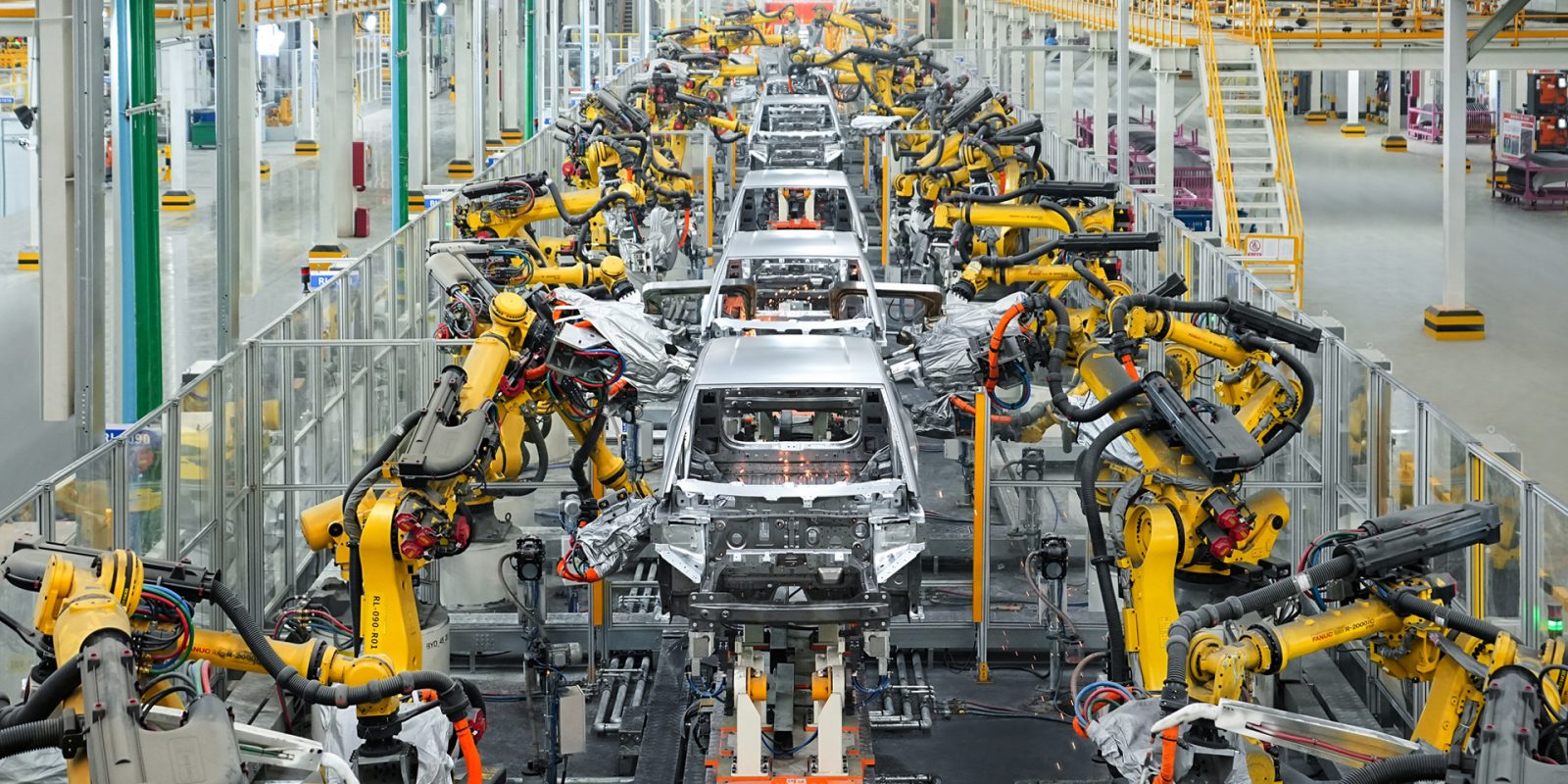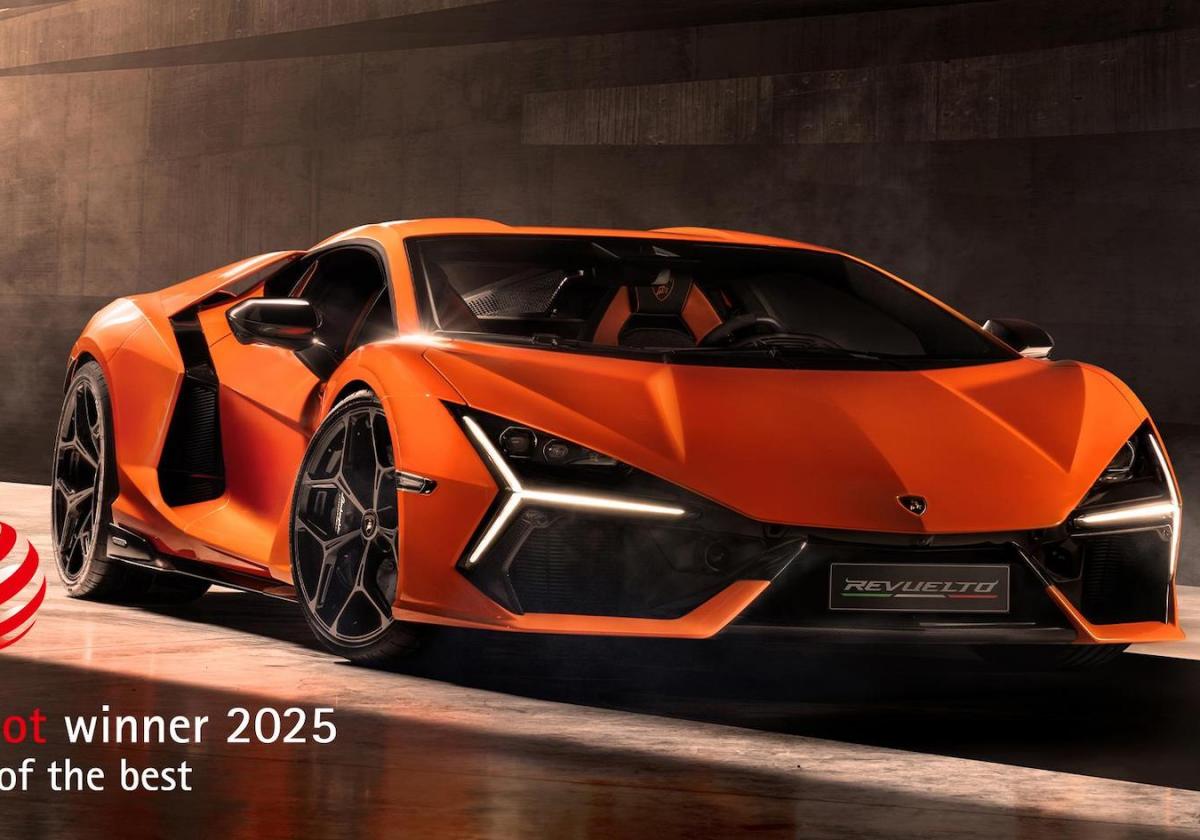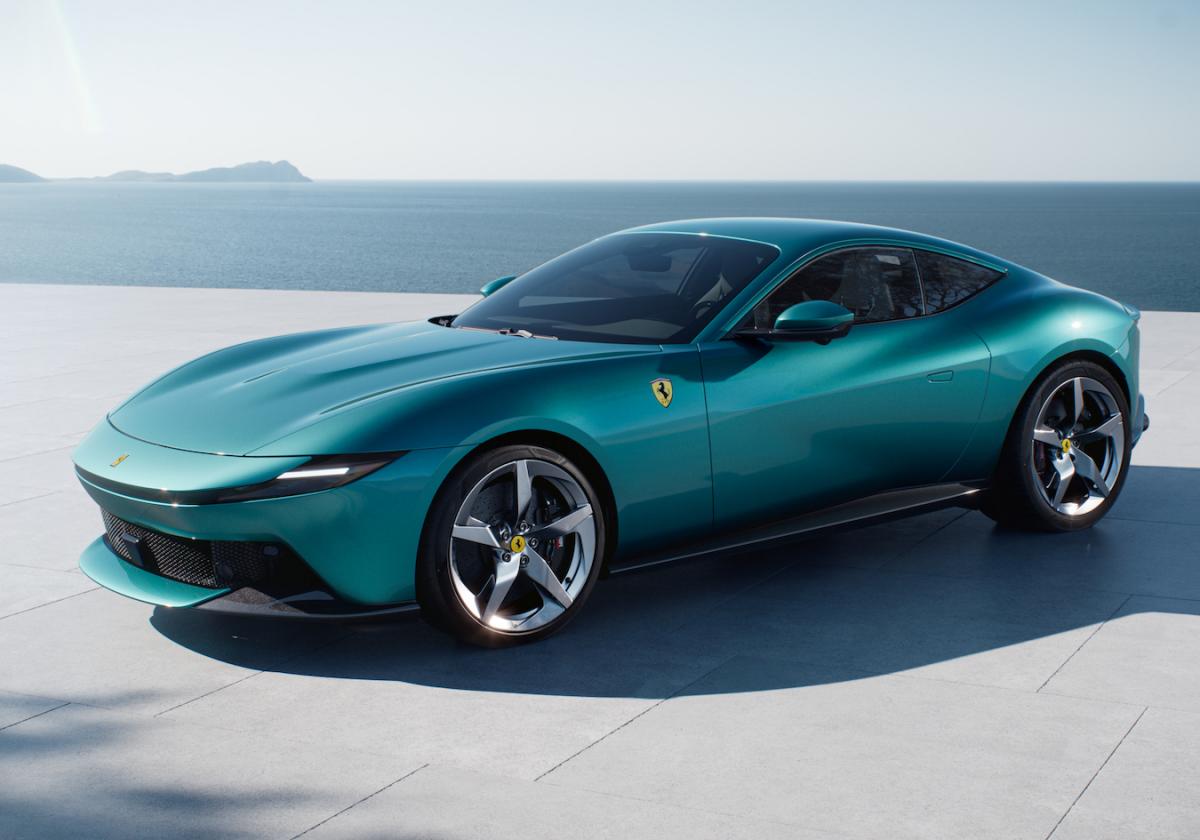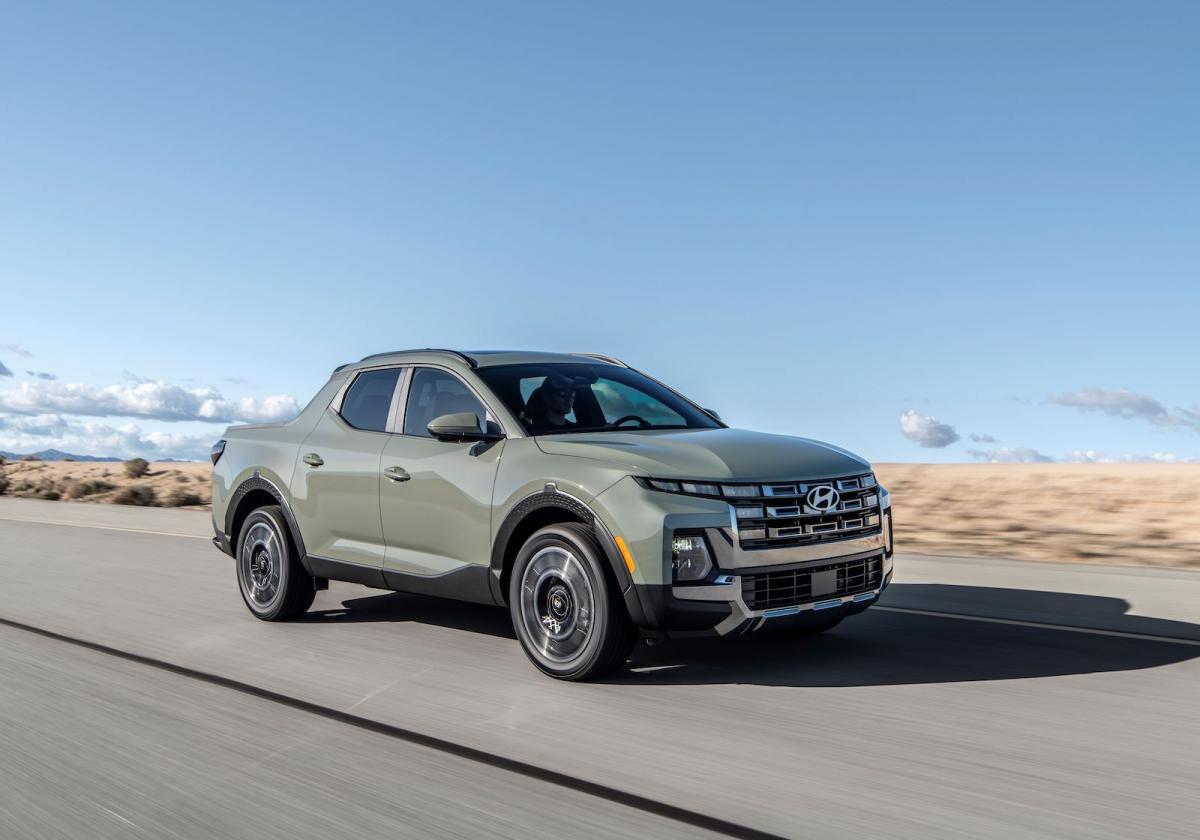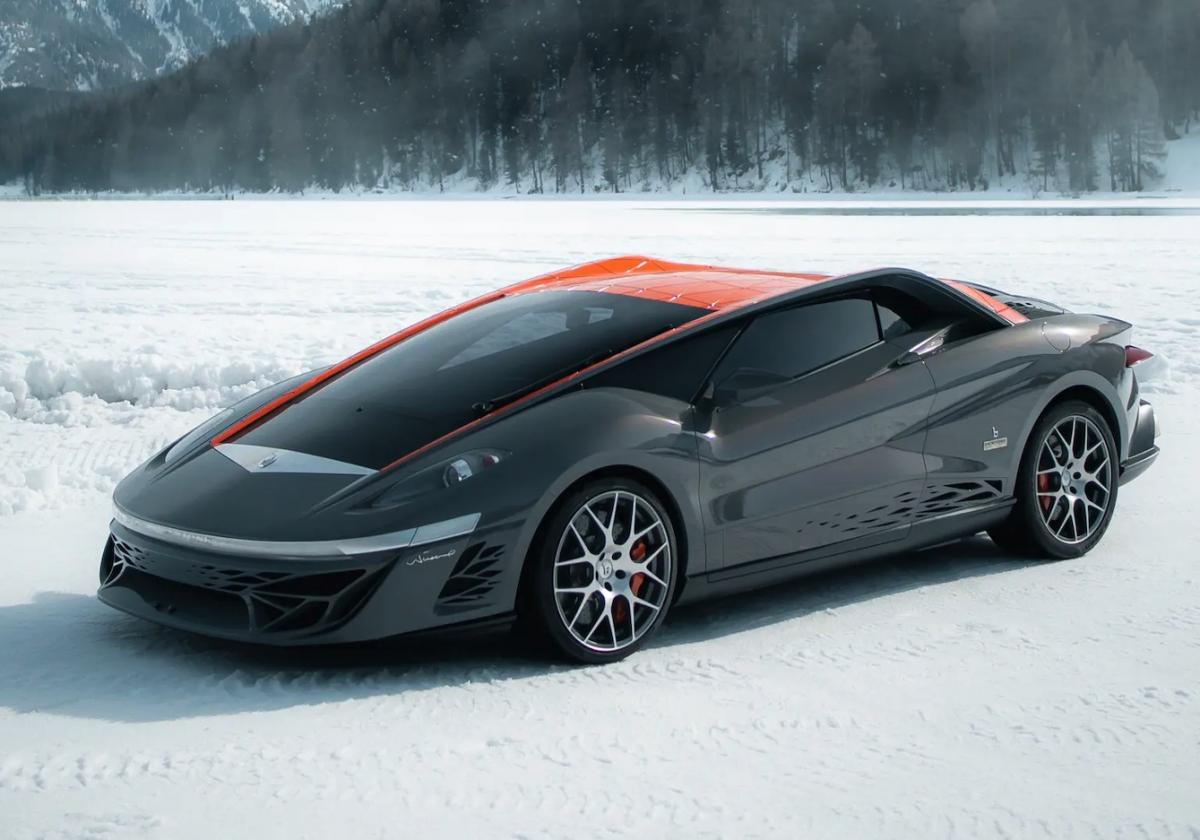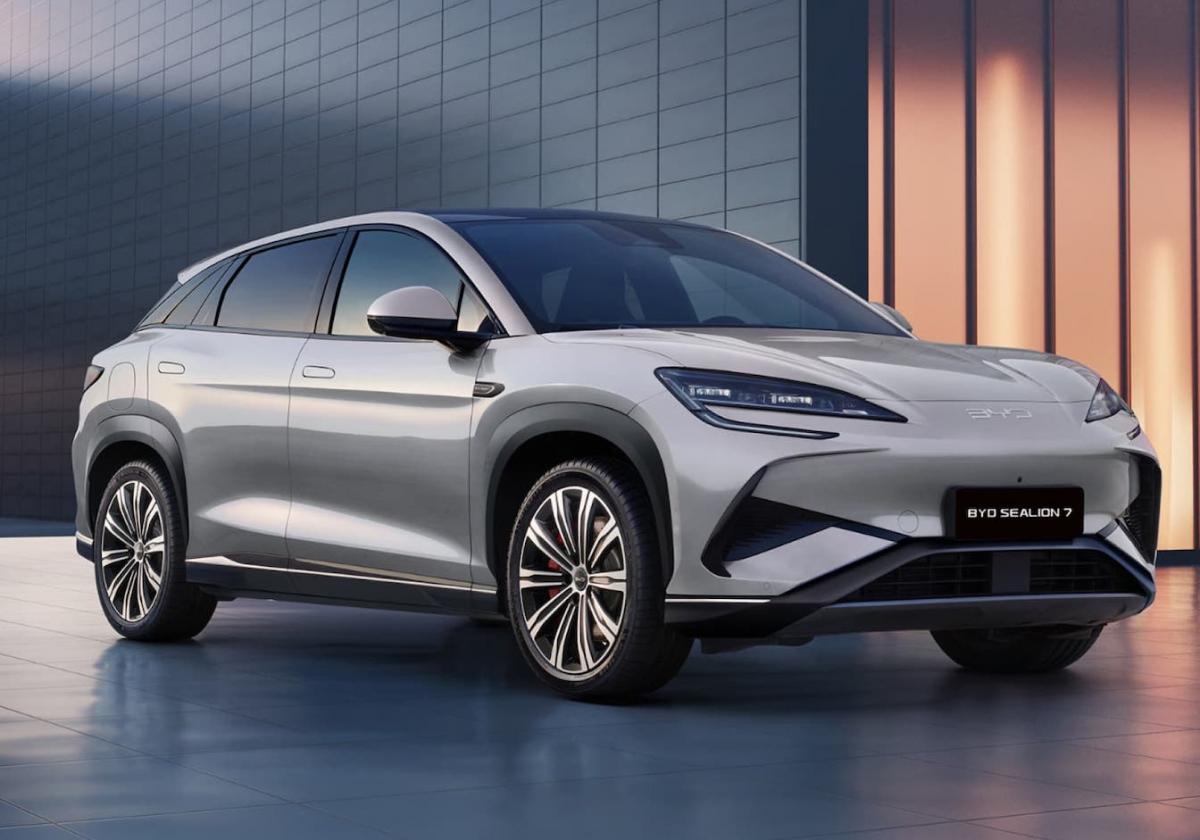Electric vehicle manufacturer BYD has announced plans to construct its first passenger car production factory in Europe, which will be located in Szeged, Hungary.
The state-of-the-art facility represents a major expansion of BYD’s presence in Europe, where the Chinese company has rapidly grown its EV sales over the past year. When complete, the Hungarian factory is expected to create thousands of local manufacturing jobs and provide a boost to the regional economy.
According to BYD, the new plant will utilize the company’s most advanced global technologies and highly automated production processes. The factory will be built in multiple phases and is intended to become one of BYD’s leading global centers for new energy passenger vehicle manufacturing.
The company cited Hungary’s central location, robust infrastructure, and historical expertise in auto manufacturing as reasons for selecting the country as its first EV production base in Europe. BYD also stated that its integrated vertical supply chain will help foster a local “green ecosystem” of sustainable suppliers.
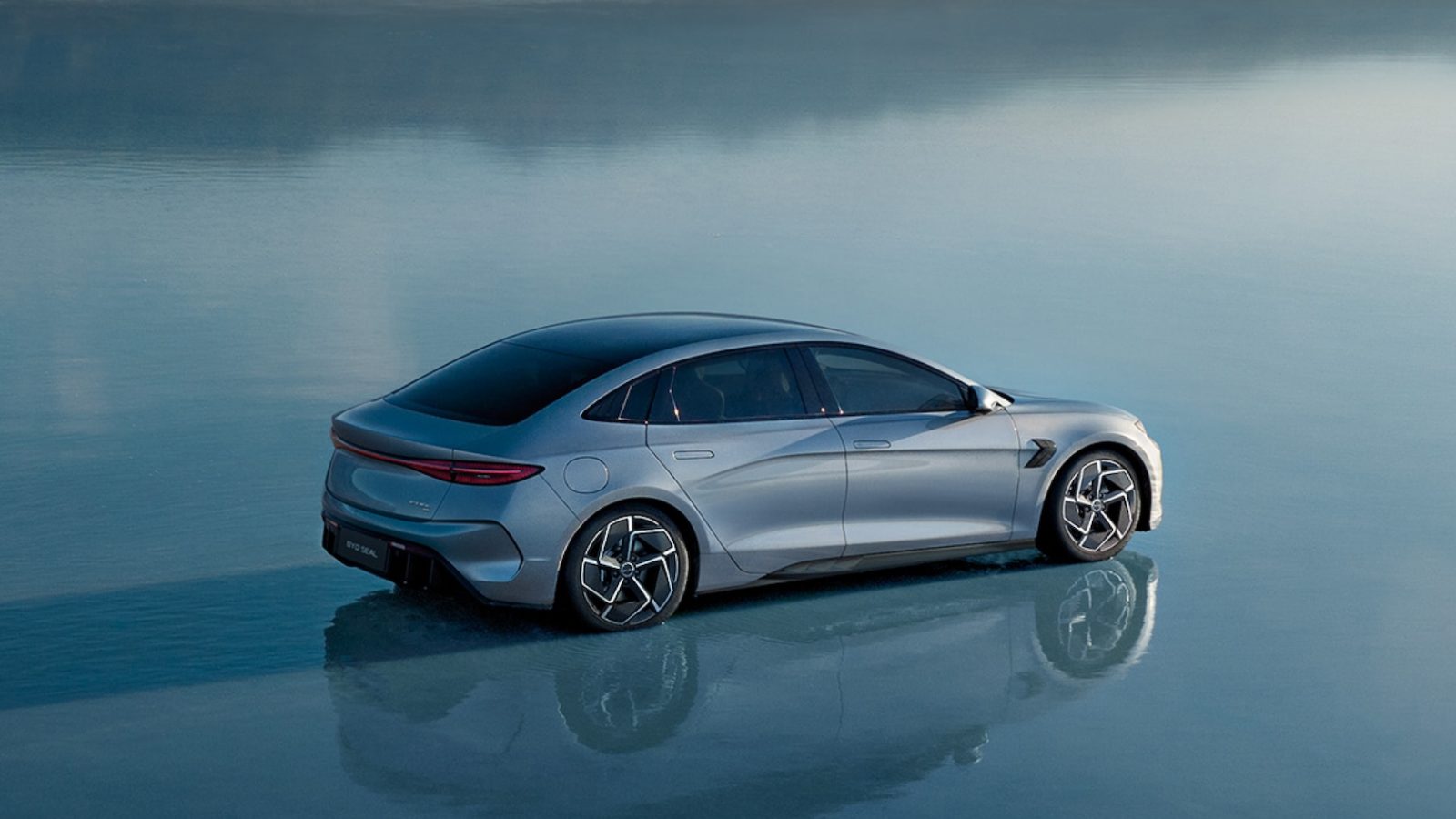
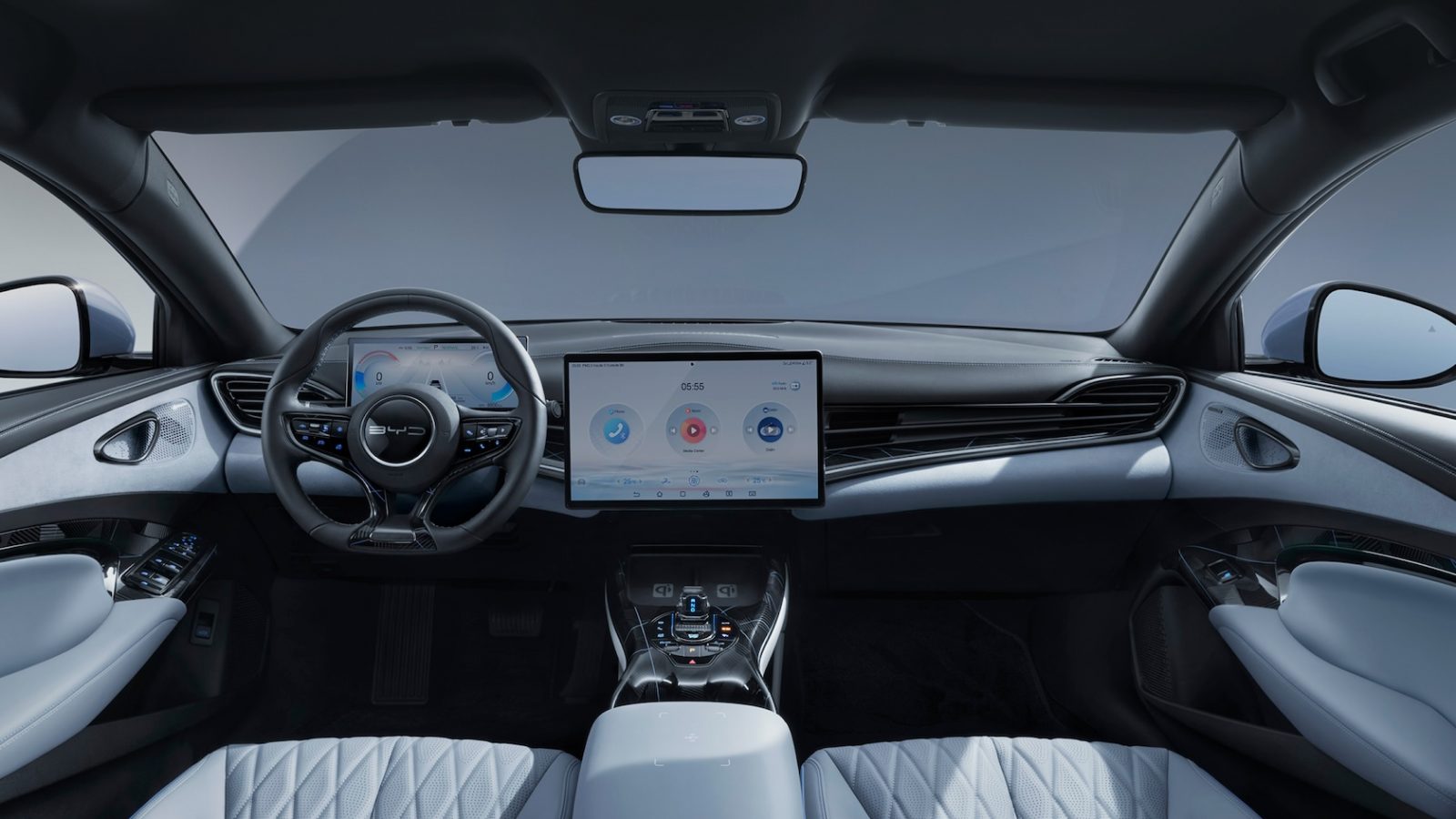
Over the last year, BYD has introduced several new passenger EV models in Europe across various vehicle segments and has established over 200 retailer locations across 19 countries. The company is aiming to accelerate the adoption of its electric vehicles in the European market as part of its mission to “Cool the Earth by 1°C.”
The announcement of BYD’s Hungarian facility marks the next stage in the company’s European expansion and represents the first passenger vehicle factory built by a Chinese automaker on the continent. Local leaders have welcomed the major investment from BYD, which is set to create thousands of domestic manufacturing jobs.
Our Thoughts
BYD’s rapid global expansion likely factors into recent US policy moves regarding electric vehicle subsidies. The newly enacted Inflation Reduction Act ties the full $7,500 federal tax credit for EVs to requirements that a percentage of battery components originate from the US or countries with which it has a free trade agreement. This could slow BYD’s entry into the lucrative US market, as the company currently manufactures batteries and other EV components primarily in China.
With BYD aggressively growing its market share in Europe, establishing American production may also be an aim of the updated subsidy rules. Time will tell whether the policy shifts impact BYD’s impressive worldwide growth, but protecting domestic automakers appears one intention behind the battery component stipulations.

